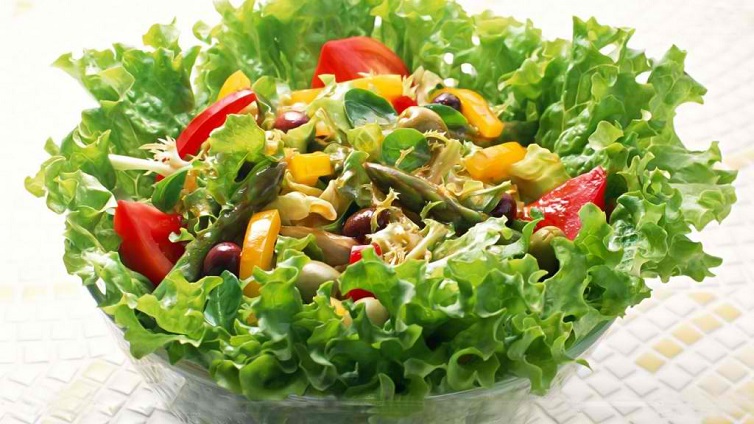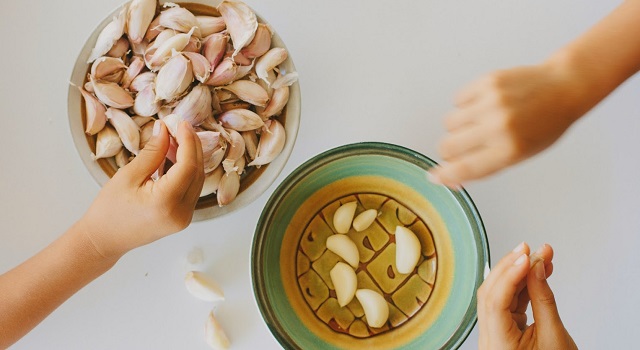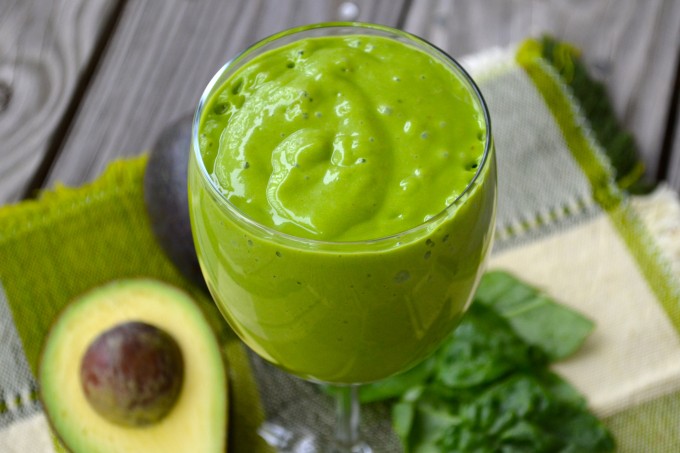Arteriosclerosis — also spelled as “atherosclerosis” — is one of the most prevalent lifestyle conditions nowadays. It is a precursor to lethal health issues, from stroke to heart attack. Arteriosclerosis happens when the arteries (the vessels that carry oxygenated blood to the organs) are clogged by plaque. This plaque comes from the cholesterol accumulating against damaged arterial surfaces.
Arteriosclerosis often goes by unnoticed, since it does not cause any symptoms until advanced age. By then, the patient begins to feel pain and weakness at the affected area. When diagnosed, various medications can help ease the symptoms and reduce plaque accumulation. However, diet and physical activity plays the most important roles in restoring health.
Food & Nutrition Diet (Meal Plan) for Arteriosclerosis
#1 Recommended Breakfast Diet for Arteriosclerosis

Regular breakfast fare often includes fried food, such as bacon and sunny side up. Traditional treatment includes eliminating all (or most) types of fat from the diet — hence, cereals and salads are often emphasized.
However, the most recent research says that eating “healthy” fats — the type that increases “good” cholesterol — can help reverse arteriosclerosis. A good example of this is extra-virgin olive oil, which you could use to fry eggs in the morning. Coconut oil is also great in this regard.
Increasing your high-fiber intake is also important, so make sure that your morning carbohydrates are whole grains — quinoa and rolled oats are perfect examples.
#2 Recommended Lunch Diet for Arteriosclerosis

Eating fish with high omega-3 fatty acid content also helps increase your good cholesterol levels (technically called HDL, or high-density lipoprotein). Wild-caught salmon, twice a week, is a healthy option. Make sure you also get a lot of vegetables in your diet, especially high-fiber ones. Fruit for dessert is also ideal.
If you’re looking for more flavor for your meals, you can add this through sulfur-containing veggies like onions. These, along with cruciferous vegetables like cabbage, are effective in preventing the intestines from digesting too much cholesterol.
#3 Recommended Dinner Diet for Arteriosclerosis

Red meat, like in most healthy diets, is restricted for those with arteriosclerosis. Poultry, however, isn’t. This leaves you with a wide variety of possible combinations for a sumptuous dinner. If you opt for fish, you can substitute salmon with sardines, herring, and mackerel.
#4 Recommended Snack Diet for Arteriosclerosis

Fruits and vegetables are still the best snacks for those with arteriosclerosis. Veggie sticks, fruit slices, or salads are easy to make. Make sure you go easy on the dressing for the last one, though — homemade ones like vinaigrette (using heart-healthy oils) are much better for arteriosclerotic patients.
Other types of snacks are also available, such as flaxseed and walnuts.
#5 Recommended Drinks for Arteriosclerosis

Water should be top priority of anyone suffering from arteriosclerosis. Aside from helping wash away toxins in the body, water is important in maintaining balance in the blood.
Since high-fiber foods are recommended for arteriosclerosis, taking high-fiber liquid supplements is also desirable. Barley water, for example, has high fiber content. Fiber supplement in juice form are also helpful.
Proponents of natural medicine also advocate juicing, or incorporating natural fruit and vegetable juices as an integral part of one’s diet. Beet juice is especially helpful, as it has been shown to dissolve any inorganic calcium compounds in the blood which may be contributory to plaque buildup.
Juicing may be an efficient way to absorb one’s vitamin and mineral requirement everyday, but take care not to rely on this solely as this could mean not getting the right nutrients (such as good fat) that other types of meals provide. Also, as we shall get into detail later, these juices are only useful if they are not laced with preservatives and potentially harmful substances like sugar.
#6 Recommended Herbs for Arteriosclerosis

While not strictly herbs, garlic and onion have been shown to be helpful in reversing arteriosclerosis. Another very common herb, which is also a great help in managing arteriosclerosis, is parsley. This has been shown to help increase the health of blood vessels in general, hence is important for those suffering from arteriosclerosis.
To directly combat the accumulation of bad cholesterol (LDL, or low-density lipoprotein) and increase the amount of HDL in the blood, artichoke can be helpful. Also, while not strictly a herb, leaves and berries from the hawthorn plant have been used to help reduce cholesterol and thus manage arteriosclerosis.
#7 Recommended Fruits for Arteriosclerosis

Pretty much all fresh fruits are great for their fiber content, but certain fruits have been specifically shown to help arteriosclerosis. These include apples, avocadoes, and bananas, which are great for lowering cholesterol (and thus in helping manage weight). Coconut water is also great, along with other fruits such as figs, mangoes, oranges, and pomegranates — these have been shown to help improve cardiovascular health.
#8 Recommended Vitamins for Arteriosclerosis

Taking B-Complex vitamins has been shown to help improve the circulatory system, which the arteries are a part of. VItamin E also helps in the health of the body’s systems. Vitamin C is helpful in improving the overall health and constitution, allowing the body to better adjust and fight the onset of diseases like arteriosclerosis.
#9 Recommended Minerals for Arteriosclerosis

As of the moment, there are no known minerals that are particularly helpful in fighting arteriosclerosis.
#10 Discouraged Food for Arteriosclerosis

Sugar, whether raw or in added (and often untraceable) content through beverages, is a potentially harmful part of any diet. Cut back on sweets and highly-processed foods — these often spike the body’s glycemic load, which has been shown to increase the amount of triglycerides in the blood. Alcohol should also be reduced, as it is one of the hidden sources of sugar.
Aside from all these diet tips, arteriosclerosis is also best managed by maintaining a healthy weight and reducing stress. Stress has been linked to an increase in the hormones that aggravate the symptoms of arteriosclerosis.
Regular exercises or vigorous activity can go a long way in reversing the disease. Such activity not only strengthens the body and helps reduce stress, it also helps the body absorb heart-healthy nutrients more effectively. Proper sleep is also important, to help the body relax and repair.
- READ MORE





I am not used to being overweight, having been skinny as a broom most of my life.
I am also a choclate cheat. So please be kind!